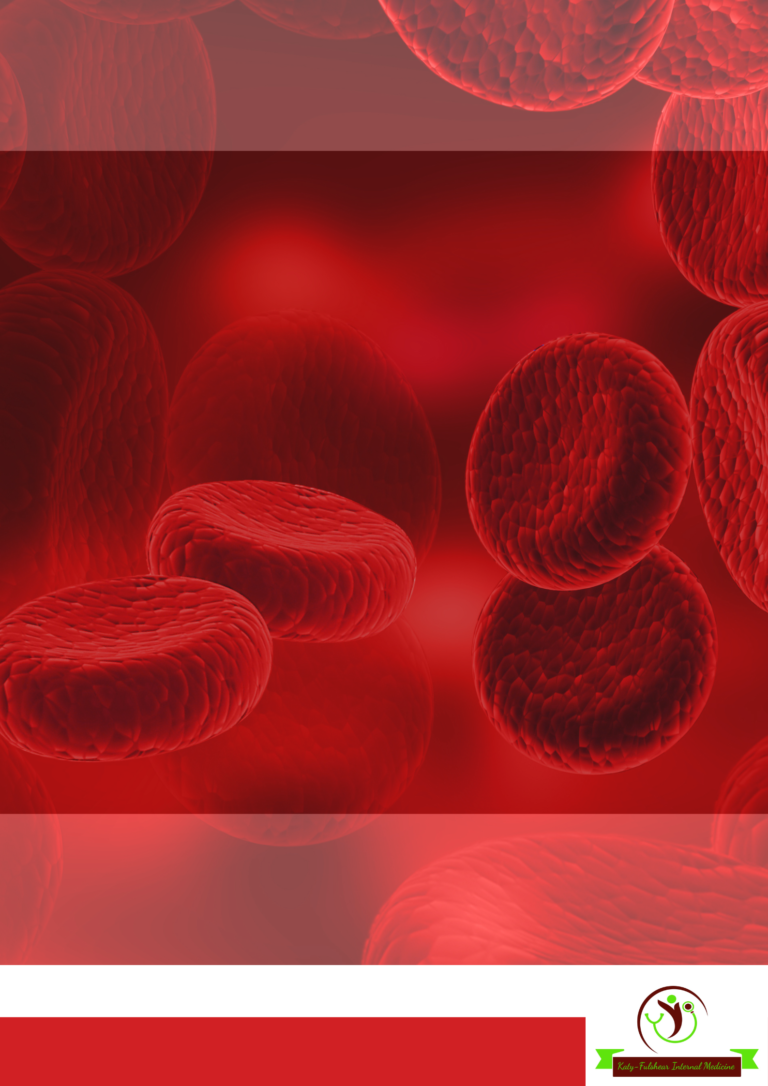
What is Anemia?
Anemia occurs when there are low levels of red blood cells. Red blood cells deliver oxygen to the cells in your body. Red blood cells are packed with a molecule called hemoglobin. Without sufficient hemoglobin in the red blood cells, your body may not be receiving enough oxygen to perform their functions.
How common is Anemia in the geriatric population?
Anemia is more common as people age. The prevalence of anemia is highest in patients older than 85 years old and individuals with chronic diseases such as heart failure, chronic kidney disease, diabetes, and cancer. The most common causes of anemia in elderly include iron deficiency anemia or anemia of chronic disease.
What is causing my anemia?
Anemia can happen for a number of reasons. Below are some of the most common causes.
- Iron Deficiency: decreased iron intake in foods, difficulty absorbing iron from foods, bleeding from a tumor in your GI tract
- Anemia of Chronic Disease: occurs with other chronic diseases (ex. Diabetes)
- Folate/B12 Deficiency: decreased folate/B12 intake in foods, difficulty absorbing folate/B12 from foods
- Myelodysplastic Syndrome: body stops producing normal red blood cells, in addition to other cells found in your blood like platelets and white blood cells
What do I need to do?
It depends on the cause of your anemia. Your doctor will work to figure out what exactly is causing these low blood levels.
With iron deficiency, B12 deficiency, or folate deficiency, it is important to increase your iron intake with food. In addition to oral supplementation with these vitamins.
Regarding anemia of chronic disease, it is important to treat the underlying disease. For example, a patient with diabetes should work to control their sugar levels to help promote good red blood cell production.
Other medications may be given by your doctor such as EPO, or erythropoietin. It is a naturally occurring hormone that promotes red blood cell production.
In addition, a patient may be referred for other imaging or labs to rule out the possibility of bleeding or myelodysplastic syndromes.
By treating the cause of the anemia, patients should begin to feel better and see a rise in red blood cell production.
If you struggle with iron deficiency, you are not alone. Take charge of your health and make an appointment today with our physician Dr. Makkani, at Katy-Fulshear Internal Medicine by calling (346) 500-5342 or using our online form to schedule an appointment.

